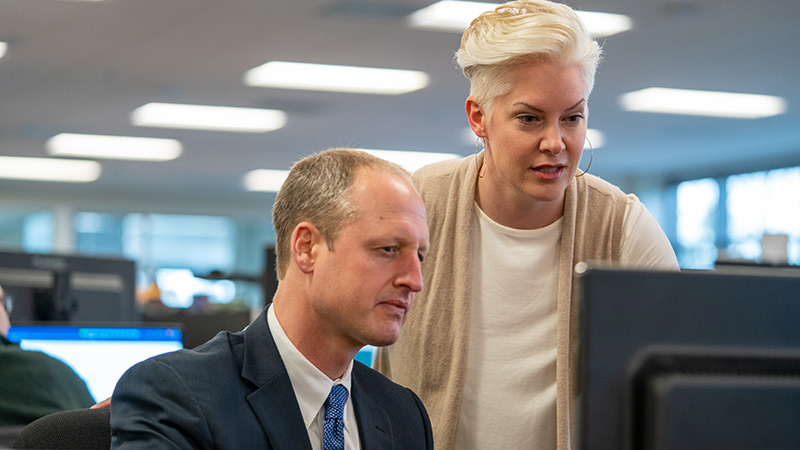Over 190,000* Clients Globally Entrust Fisher Investments and its Affiliates as Stewards of Their Financial Futures
*As of 30/09/2025. Includes Fisher Investments and its affiliates.
Wealth Management Services
At Fisher Investments UK, we create a tailored investment plan for each client, designed to help you achieve your investment goals and objectives. We call upon our US-based parent company, Fisher Investments, for discretionary investment management services. The process starts with a comprehensive assessment of your financial situation that informs your recommended investment strategy and considers important factors outside of your portfolio. This results in a personalised investing approach consistent with your goals and needs.
Working With Us

Account Size
If you have £250,000 or more in investable assets, contact us today to find out how Fisher Investments UK can help you achieve a successful financial future in retirement.

Fees
As a client, you will pay an initial funding and ongoing management fee based on the value of the assets Fisher Investments manages for you. We structure fees so we do better when you do better.

Performance
As a client of Fisher Investments, you will be provided with transparent performance measurements—net of all fees—so you can accurately track progress over time toward your long-term financial goals.
A Global Investment Manager Who Is Focused on You
-
Proactive Advice
-
Institutional Expertise
-
Global Opportunities
Our Approach
-
Achieve Your Financial Goals
-
We Tailor a Portfolio For You
-
We Keep You on Track
-
Continuous Education
Recognition
See here for a full list of awards disclosures.





















